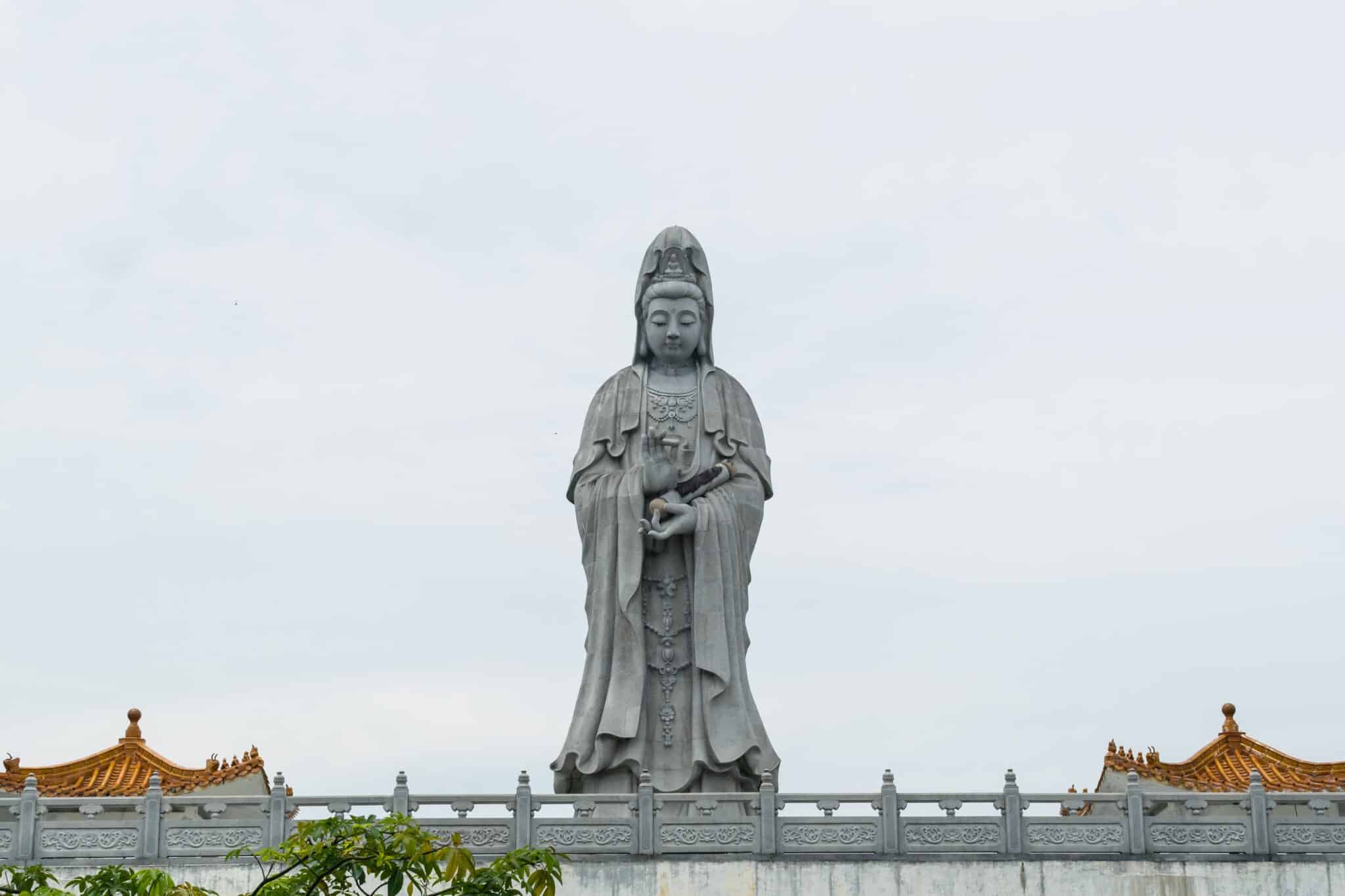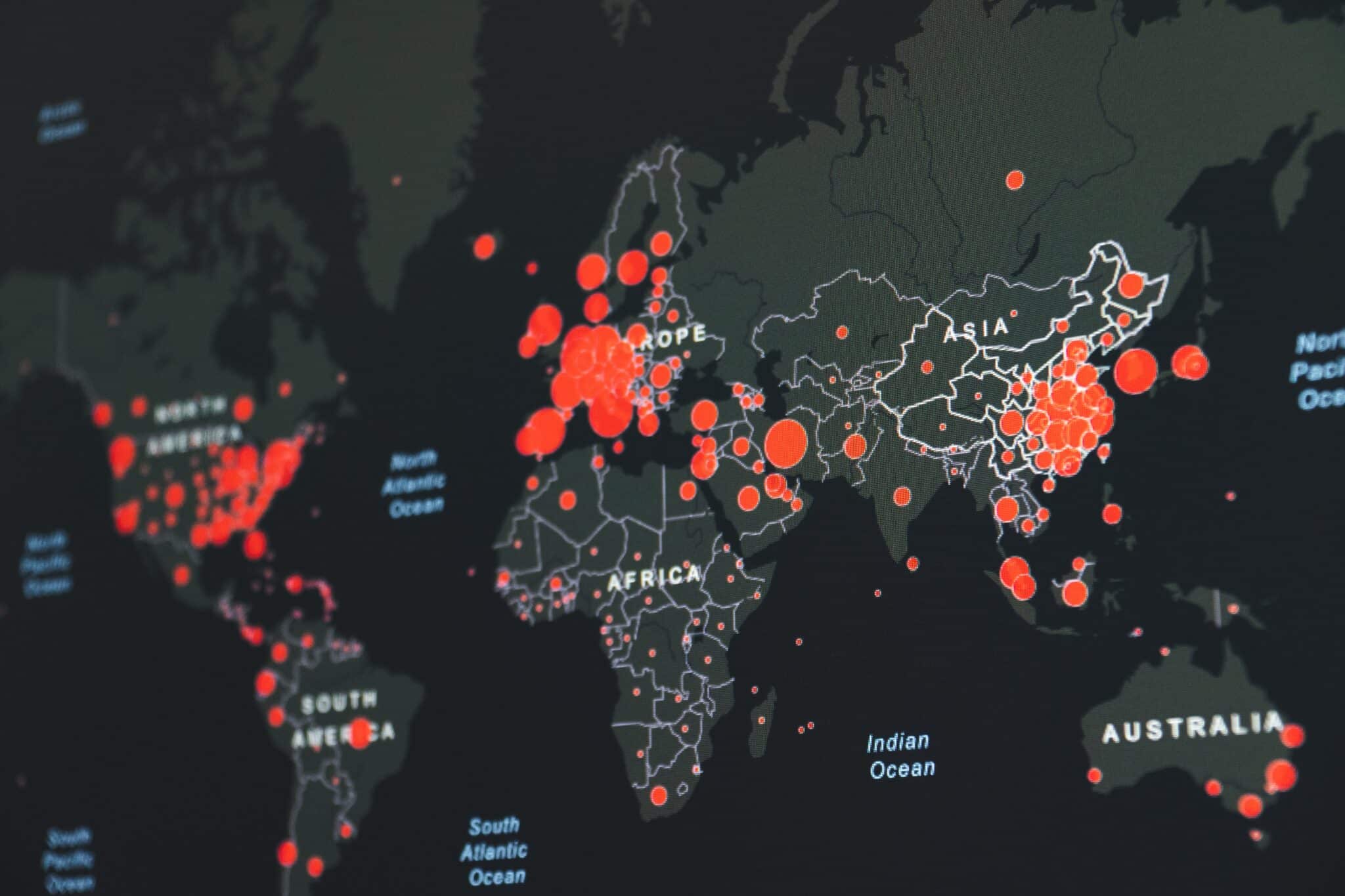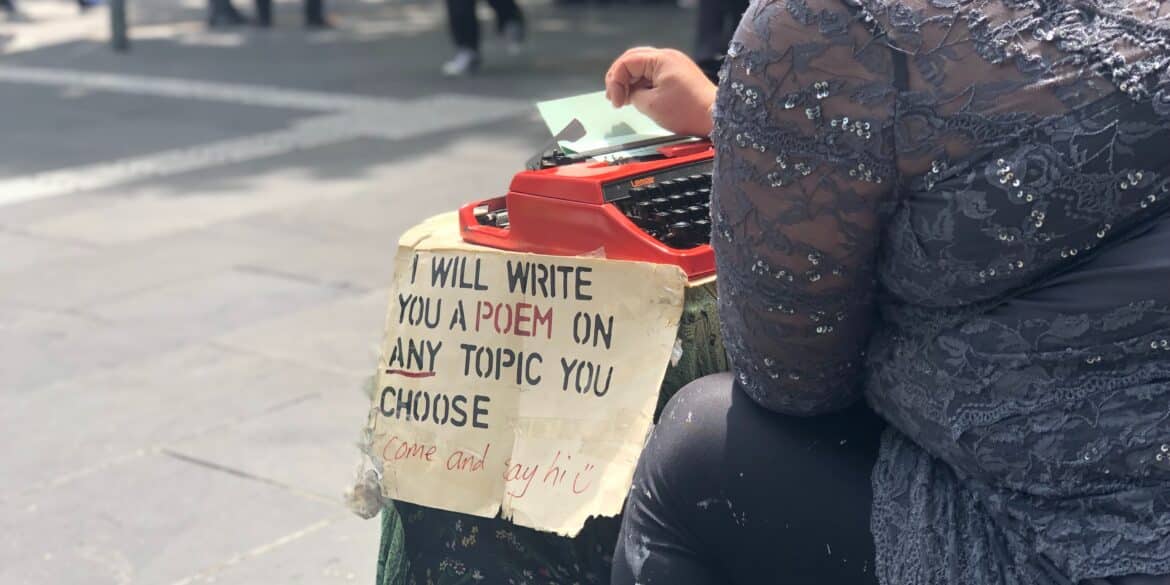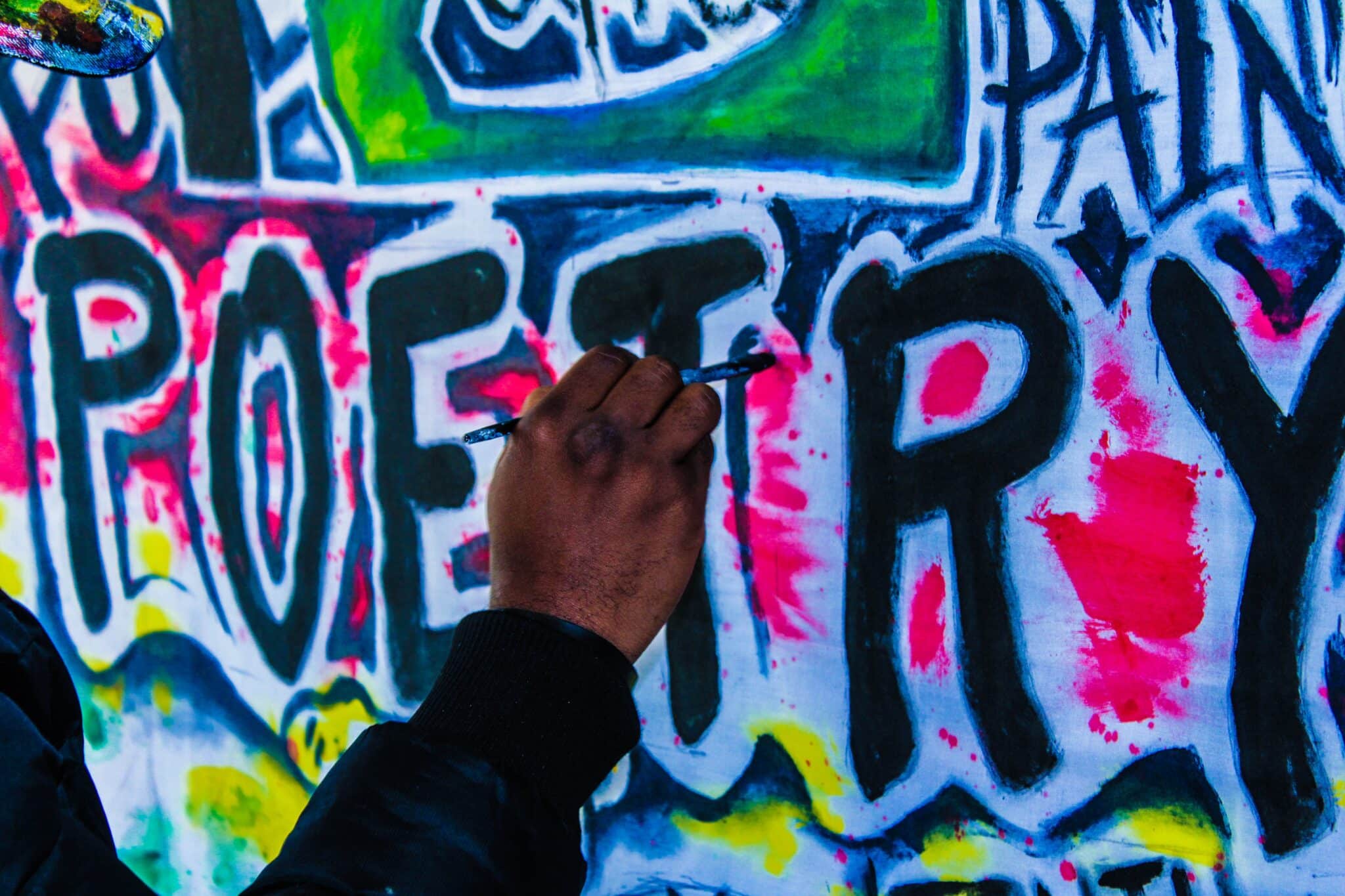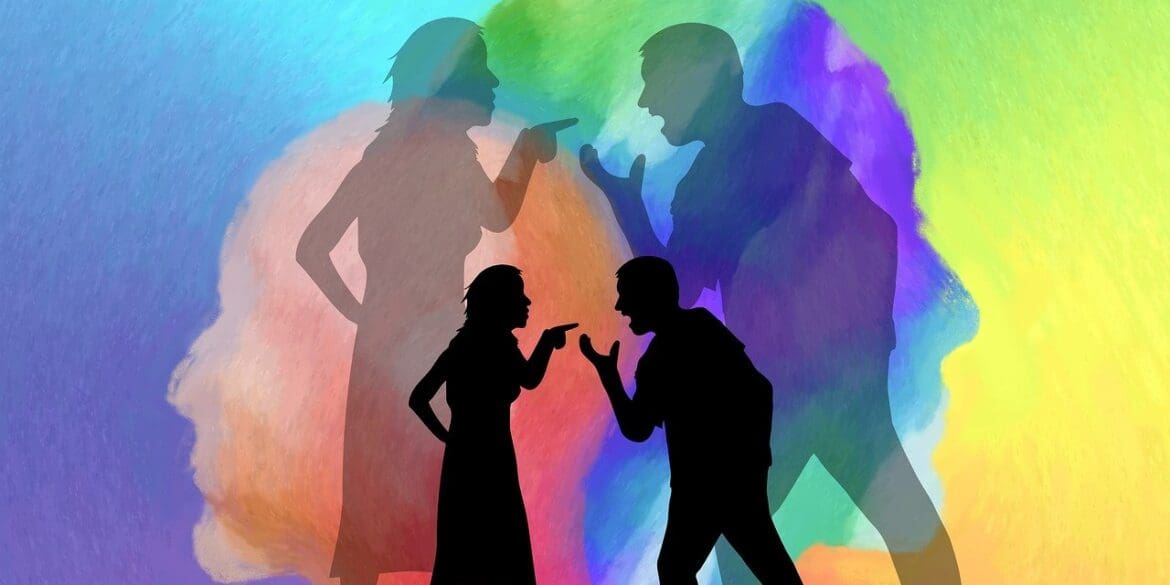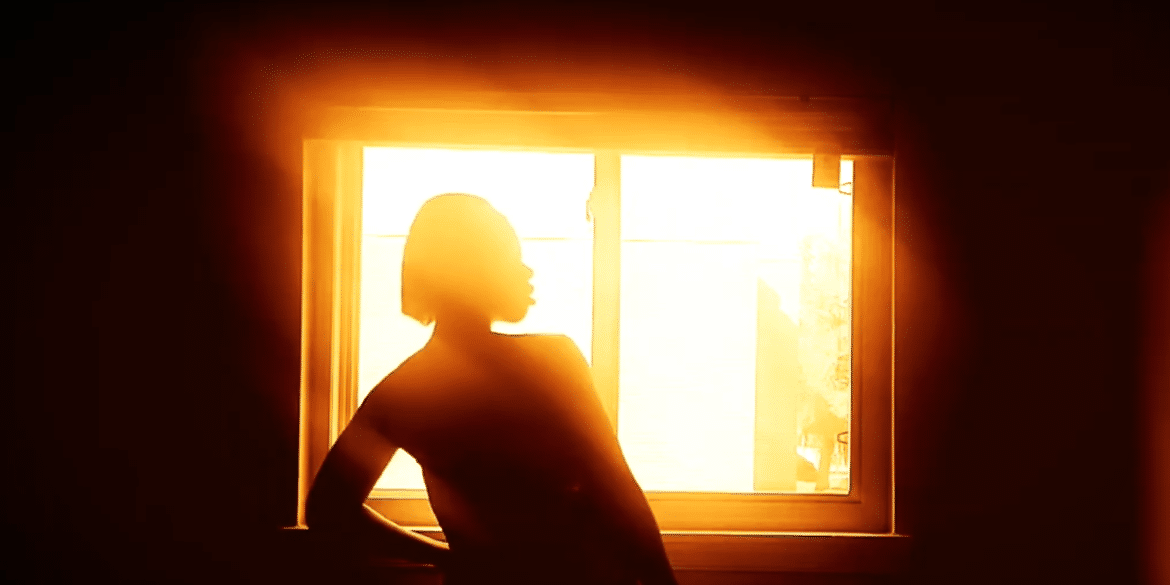This lighthearted essay illustrates an experience I had in Singapore while doing research for a book I was writing about spirituality.
This work, a narrative and poetic account of a school shooting, provides an experiential entry into the experience from the point of view of a faculty member.
This is a song for the Passover prophet as a critique on his inability during the Covid-19 pandemic to appear and provide solace and safety.
Editor Guillermo Gil's latest book review examines Chin who highlights her relationship to things, and/or her obsessing over wanting and buying things, and many more.
I strived to represent the experience of being a pediatric healthcare worker during COVID.
We invite you to participate in National Poetry month with us by reading and writing over at The AutoEthnographer's new Facebook group.
"My parents drank wine with dinner every night. There’s nothing remarkable about that, but to a kid growing up in Mid-Missouri it was weird."
This piece on hair describes how ideas of what is and is not fashionable, as depicted in popular media, can indelibly affect one’s self-perception and identity.
Ulla-Maija Matikainen·
All ContentAutoethnographic EssaysAutoethnographic PoetryEducationFrom the EditorsMoreVolume 3, Issue 2 (2023)
··4 min read A tsunami of words, images, learned and pushed feelings and thoughts go through us every day. Poetry is a way to find our own voice.
This autoethnography is the first-hand experience and exposure of imposter syndrome from a new adjunct instructor's point of view.
Narrating Estrangement is written by those who have decided to distance themselves from, or have been driven out by, their families.
Shanita Mitchell and Marlen Harrison·
All ContentAutoethnographic Art & MultimediaMorePodcastsReflections on MethodVolume 3, Issue 2 (2023)
··18 min readToday we're talking with the award-winning author, researcher, and performer, Shanita Mitchell about performance and autoethnography.


